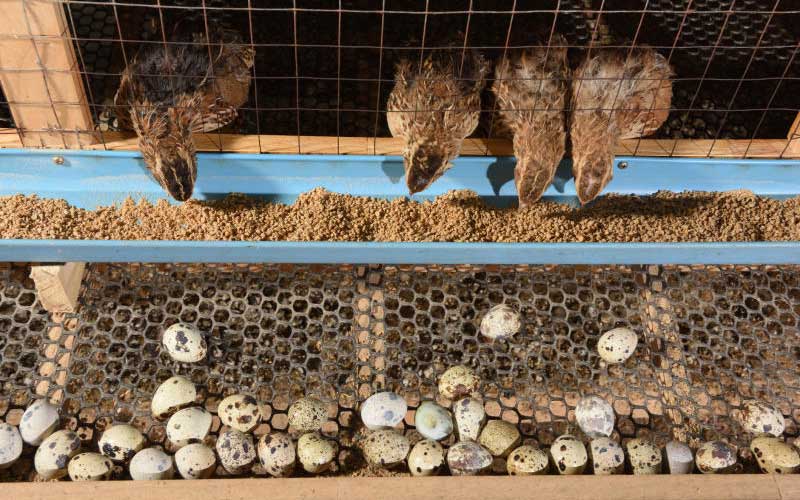×
The Standard e-Paper
Stay Informed, Even Offline

Kevin Ananda grew up watching his uncles harvest wild quails in Luanda, Western Kenya. The birds, which were harvested twice every year following short and long rains, were available in plenty between May to July and November to February.
Quail Farming Scam